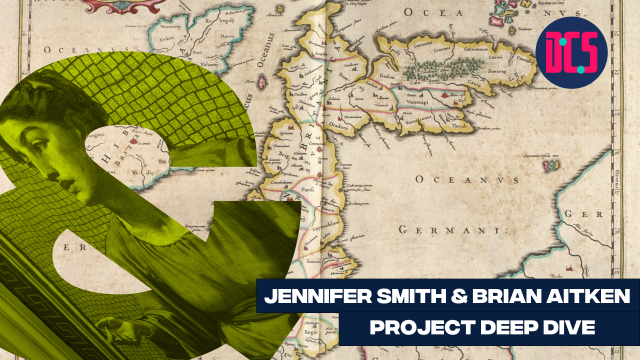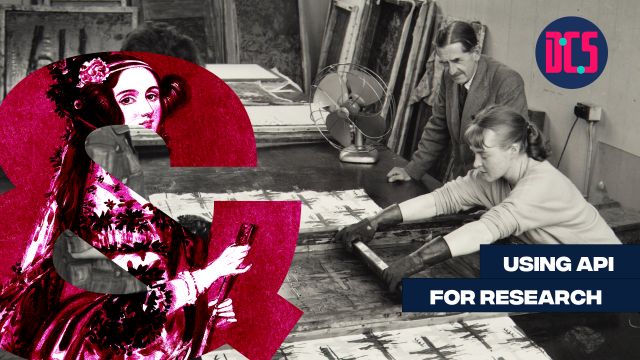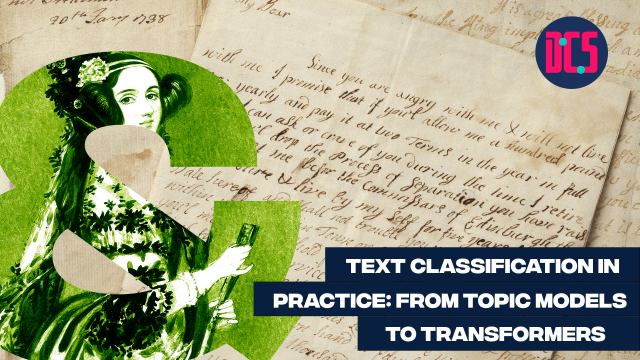Silent Disco: Introduction to Linked Open Data

ONLINE
Our 'Silent Disco' workshops are based on tutorials from the Programming Historian website. This training event will follow content from the tutorial Intro to Linked Data.
At the end of this tutorial attendees will develop a clear understanding of the concepts behind linked open data, how it is used, and how it is created. The tutorial is split into five parts:
-
Linked open data: what is it?
-
The role of the Uniform Resource Identifier (URI)
-
How LOD organises knowledge: ontologies
-
The Resource Description Framework (RDF) and data formats
-
Querying linked open data with SPARQL
This is an self-paced event: when taking part, you will work through the tutorial at your own pace with an instructor available online to help you with any issues.
Participants will work on the tutorial at their own pace. The facilitator will be available via Teams Chat to reply to any questions that arise during the workshop, and to help with installation, troubleshooting or other issues.
This is a beginner-level workshop. No previous knowledge of the topic is required.
To attend this course, you will have to join the associated Microsoft Teams group. The link to join the group will be sent to attendees prior to the course start date, so please make sure to do so in advance.
After taking part in this event, you may decide that you need some further help in applying what you have learnt to your research. If so, you can book a Data Surgery meeting with one of our training fellows.
More details about Data Surgeries.
If you’re new to this training event format, or to CDCS training events in general, read more on what to expect from CDCS training. Here you will also find details of our cancellation and no-show policy, which applies to this event.
If you're interested in other training on good practice in digital research, have a look at the following:
- Copyright 101
- Silent Disco: Creating Digital Exhibitions with Omeka
- NFT (Non-Fungible Tokens) 101
- Make the Best of Your CV Formatting with LaTeX and Overleaf
- Digital Method of the Month: Open Research
- Digital Method of the Month: Preregistration












